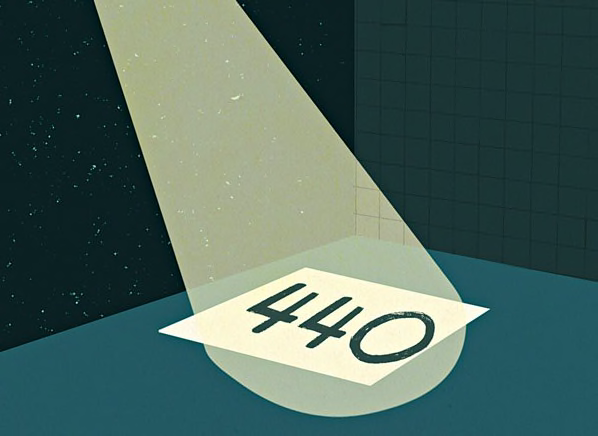Sign In

Menu
Suggested Searches
Recent Searches
Suggested Searches
Product Ratings
Resources
Chat With AskCR
Resources
All Products A-ZThe payment for your account couldn't be processed or you've canceled your account with us.
Re-activateMy account
Sign In
My account
Sign In


That numerical expression otherwise known as the credit score is the absolute authority of your creditworthiness, right? Most of us seem to think so; every year we spend more than $1 billion to buy them, along with our credit reports. But the FICO scores and others we can buy have less value than advertised. As we have reported before, they're not the same ones creditors actually use to make decisions about extending a loan or credit card to you. Let's call them secret credit scores.
Here's another reason you shouldn't waste your money on artificial credit scores: Car dealers, cellular-service providers, credit-card issuers, insurers, retailers, and other businesses rate you up, down, and sideways using a whole slew of still other scores. (Those pesky secret credit scores, again.)
And guess what? "The consumer has no way to proactively get these other scores, and there's generally no obligation for businesses to share them," says John Ulzheimer, a consumer-credit expert at CreditSesame.com.
Last November, FICO, the company that invented its eponymous ratings in 1958, began letting customers of two lenders see the actual scores used to grant them credit. But the other behind-the-scenes scores remain secret.
Your legal safeguards may be near nil, but you can still protect yourself by knowing how businesses, data brokers, and credit bureaus use your credit report and other information to keep tabs on you. Here's a rundown of some of the secret credit scores that are being used behind your back.
FICO Revenue Scores assess your likelihood of generating income on a credit card by using it a lot. Industry-specific credit scores focus on how well you handle specific kinds of debt obligations.
For example, the Equifax TIP Automotive Score cross-tabulates bad credit risk with a shopper's true in-market propensity to actually buy, on a scale of 1 to 10, and also prompts dealers to push certain car models over others. Wireless phone companies tap Equifax Wireless Risk Scores to assess how well applicants have paid their telecom bills. The underlying database also tells how many times a customer has switched from one carrier to another, which could reveal bargain hunters willing to switch again for a better deal.
Deposit-account scores are used when you open a checking account. Banks, which are still in the habit of authorizing account overdrafts so they can levy outrageous penalty fees, use ChexSystems QualiFile Scores to determine the likelihood that a customer will bounce checks (without the bank's blessing) in the next year and which "bad" customers are worth keeping for an added "lift" from higher-fee "second-chance" accounts.
And there are more: Good customer/bad customer scores measure your profit and loss potential, while FICO Bankruptcy Scores aim to tip off lenders that you'll still go bust despite your good payment history. FICO Transaction Scores monitor your credit-card activity and look for money-trouble behavior, such as taking out a series of cash advances.
Big business never rests. Find out how your privacy is being invaded by reading "Big Brother Is Watching."
—Jeff Blyskal
This article originally appeared in the Consumer Reports Money Adviser
 Build & Buy Car Buying Service
Build & Buy Car Buying Service
Save thousands off MSRP with upfront dealer pricing information and a transparent car buying experience.
 Get Ratings on the go and compare
Get Ratings on the go and compare
while you shop